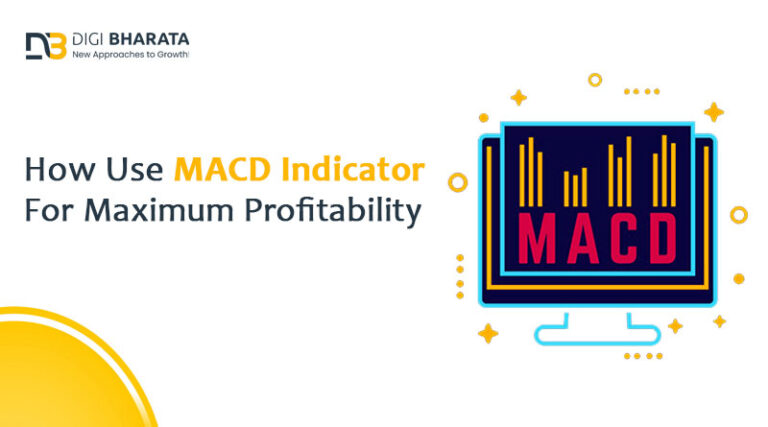In the ever-evolving landscape of education, student loans have become an integral part of the financial journey for many aspiring scholars. While these loans open doors to educational opportunities, understanding the intricacies surrounding them is crucial to making informed decisions.
In this guide, we’ll delve into the world of student loans, exploring types, repayment options, and tips for managing this financial commitment.
Table of Contents
Understanding the Basics of Student Loans
Student loans present themselves in diverse forms, each accompanied by its unique set of terms and conditions. Federal loans, subsidized and unsubsidized, are often the go-to for students due to their competitive interest rates and flexible repayment plans.
Private loans, offered by financial institutions, are another option, but they typically have higher interest rates and less forgiving terms.
Federal Student Loans: A Closer Look
Federal student loans, provided by the government, offer unique benefits. Subsidized loans, based on financial need, don’t accrue interest while the borrower is in school. Unsubsidized loans, on the other hand, accumulate interest from the moment they are disbursed.
Both types offer grace periods after graduation before repayment begins.
Navigating Repayment Plans
Repaying student loans can be overwhelming, especially when facing various life circumstances. The key is to understand the available repayment plans and choose the one that aligns with your financial situation.
Standard Repayment Plan
This is the default option for federal loans, spreading payments evenly over ten years. While it may result in higher monthly payments, it allows borrowers to pay off the debt more quickly, saving on interest in the long run.
Income-Driven Repayment Plans
For those with fluctuating incomes, income-driven plans such as Income-Based Repayment (IBR) and Pay As You Earn (PAYE) adjust monthly payments based on income and family size. These plans offer flexibility but may extend the repayment period.
Loan Forgiveness Programs
Public Service Loan Forgiveness (PSLF) is an option for those working in qualifying public service jobs. After making 120 qualifying payments under an eligible repayment plan, the remaining balance may be forgiven. It’s essential to meet specific criteria, so diligent record-keeping is crucial.
Student Loans Tips for Responsible Borrowing and Repayment
While student loans can pave the way for a brighter future, responsible borrowing and repayment practices are essential to avoid long-term financial strain.
Borrow Only What You Need
It can be tempting to accept the full loan amount offered, but it’s crucial to assess actual needs and borrow only what is necessary. This practice minimizes debt and reduces the financial burden after graduation.
Budgeting for Loan Repayment
Incorporating student loan payments into your budget is vital for financial stability. Create a realistic budget that accounts for living expenses, loan payments, and savings. Tools like loan calculators can help estimate monthly payments based on different repayment plans.
Emergency Funds and Loan Cushions
Life is full of uncertainties, and maintaining an emergency fund serves as a crucial financial safety net. It’s also advisable to keep a cushion for loan payments, ensuring you can cover unexpected expenses without missing payments.
Managing Student Loans: Strategies for Success
Beyond understanding the types of loans and repayment plans, effective management of student loans involves strategic decision-making and ongoing attention to your financial well-being.
Regularly Reviewing Your Loan Portfolio
Periodically reviewing your loan portfolio allows you to stay informed about your outstanding balances, interest rates, and repayment status. This practice can help you identify any discrepancies or issues early on, allowing you to address them proactively.
Seeking Financial Counseling
If you find yourself facing financial challenges or uncertainties, seeking the guidance of a financial counselor can be immensely beneficial. These professionals can provide personalized advice on managing debt, creating budgets, and making informed financial decisions.
Many educational institutions and financial institutions offer free or low-cost counseling services to students and graduates.
Exploring Loan Consolidation and Refinancing
Consolidating or refinancing your student loans may be a viable option, especially if you have multiple loans with varying interest rates. Loan consolidation combines multiple federal loans into one, simplifying repayment with a single monthly payment.
Refinancing, typically done through private lenders, may offer lower interest rates but may not provide the same federal loan protections.
Taking Advantage of Grace Periods and Deferment Options
Most student loans have grace periods after graduation, during which you are not required to make payments. Additionally, federal loans offer deferment options for specific life events, such as returning to school, facing economic hardship, or serving in the military.
Understanding and utilizing these options can provide financial relief during challenging times.
Building and Maintaining Good Credit
Your credit score significantly influences several facets of your financial life. Making timely payments on your student loans has a positive impact on your credit history. In contrast, any missed or late payments can have adverse effects on your credit score.
Consistently managing your student loans helps build and maintain good credit, opening doors to favorable interest rates on future loans, credit cards, and even housing.
Conclusion
Student loans, when navigated wisely, can be a powerful tool for accessing higher education. Understanding the types of loans, and repayment plans, and adopting responsible borrowing practices are key components of a successful financial journey.
By staying informed and proactive, you can transform student loans from a potential burden into a stepping stone toward your educational and financial goals.























+ There are no comments
Add yours